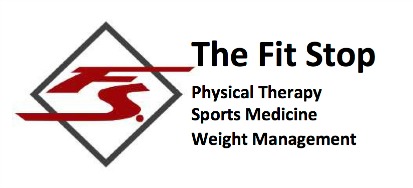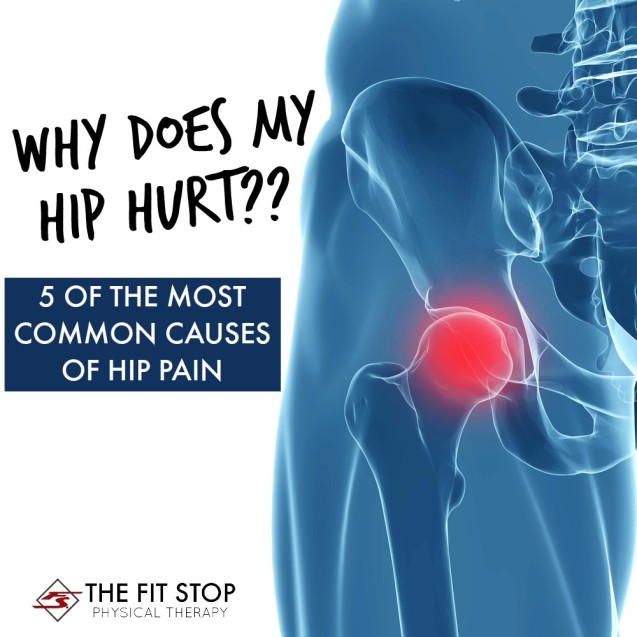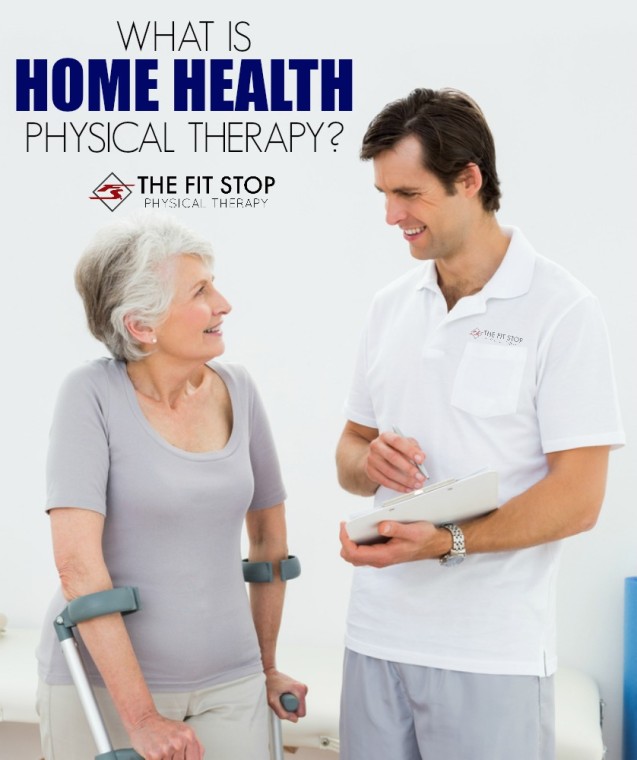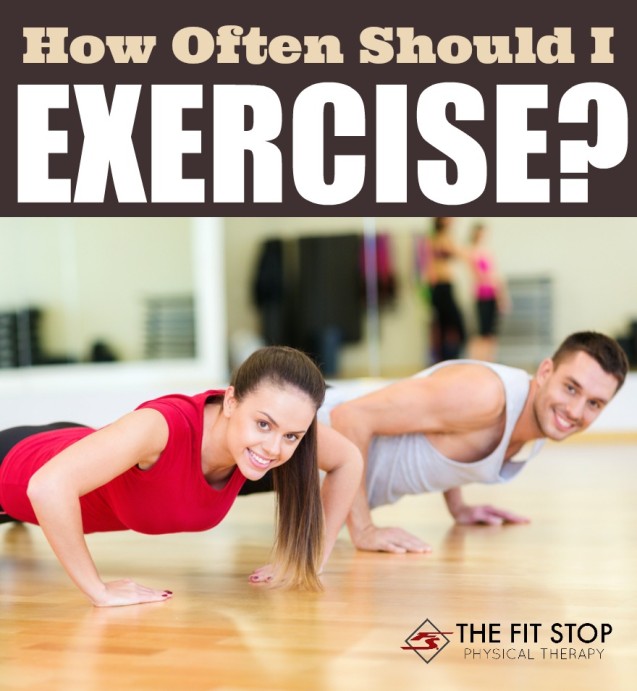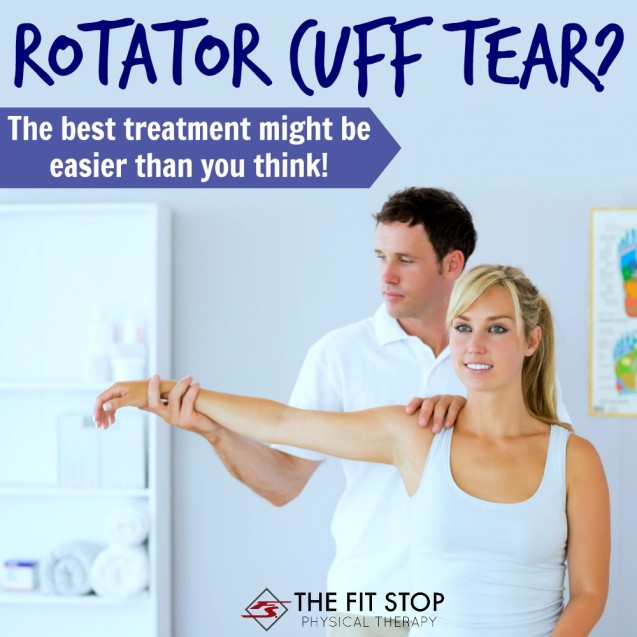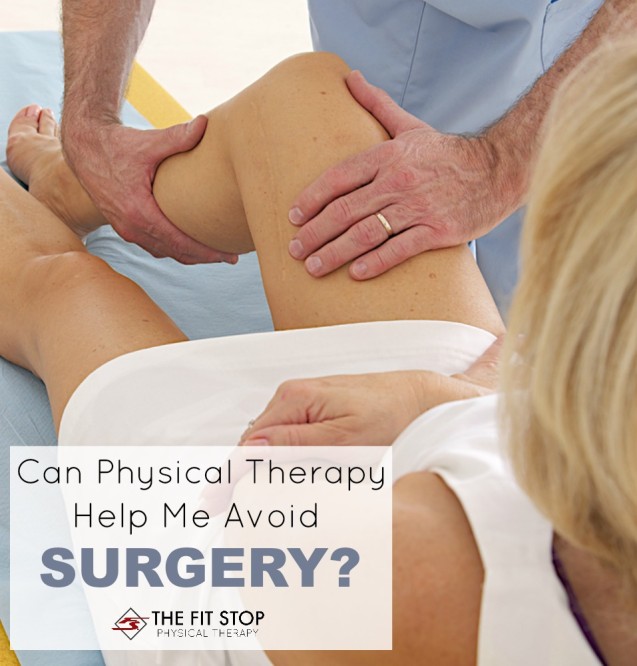By fitstoppt 28 Dec, 2015 Advice, Exercise, FAQ, Fitness, Health, Health Tips, Wellness active, exercise, fitness, healthy, how to, winter Well, it’s that time of the year again. The Christmas tree has been taken down and New Year’s party preparations are in full swing. Along with the New Year’s celebrations typically come New Year’s resolutions – this is a time for us all to pause and reflect on our lives and things we want to do better in the upcoming year. Inevitably the most-made resolution is to “lose weight” or “be more healthy” – but rarely do people come up with a concrete plan on how to make that happen. One of the best ways to improve your fitness is to increase your daily activity and make this change permanent. I know sometimes it’s difficult to get in some activity in the winter months, but it certainly doesn’t have be! Today on the Fit Stop Blog one of our exercise specialists, Jared Beckstrand, PT, DPT, is sharing 5 of the absolute best ways to increase your daily activity even when the weather outside is frightful! Keep reading for more!
More By fitstoppt 18 Dec, 2015 Advice, FAQ, Health, Health Tips, Injury, Pain Management, Physical Therapy, Wellness, Workout cause, hip, pain, physical therapy, rehabilitation, symptoms, treat In our Fit Stop clinics one regular complaint that we hear from our patients and gym members is related to hip pain. Whether it occurs in the front, the side, or the back – it’s amazing how debilitating pain in this area can be! One would think that issues in this area should be fairly straight-forward to rehabilitate. However, given the multiple muscles, tendons, joints, and bones that are located in this area this pain can actually be quite tricky to diagnose. Today we have one of our orthopedic specialists, Toby Bluth, PT, DPT, here to discuss the 5 most common kinds of hip pain as well as the most likely cause of that pain. Keep reading for more!
More By fitstoppt 14 Dec, 2015 At Home, Exercise, Fitness, Health, Healthcare, Injury, Pain Management, Physical Therapy, Shoulder Pain exercise, fitness, frozen, injury, pain, physical therapy, rehab, shoulder Today on the Fit Stop Blog I would like to discuss one of the most painful conditions that I see regularly – the dreaded, miserable, absolutely debilitating – frozen shoulder (FS), (AKA adhesive capsulitis). Now, FS is truly a painful son of a gun. Growing up as the son of a physical therapist, I used to observe my father from time to time in the clinic. I remember watching him work with these poor patients who had FS, and they would be in tears from the stretching. I used to think to myself, well, that doesn’t look like a whole lot of fun, for either patient or therapist! I wondered if the field of PT was really for me after observing some of those treatments. Well, fast forward a few years later, and here I am blogging about this all-too-common condition. FS is a very interesting condition, and actually not very well understood. Today, I will discuss what it is, and why we think certain people actually get it.
More By fitstoppt 07 Dec, 2015 Advice, FAQ, Fitness, Health, Health Tips, Tips, Weight Loss, Wellness exercise, fitness, holiday, tips, weight gain, workout Did you know that the average American gains 5 pounds between November and December? With the parties, the appetizers, the drinks, and all the delicious holiday desserts, it’s no wonder that “Holiday Weight Gain” is a very real thing. Well today we’re combating holiday poundage and taking back our health on the Fit Stop Blog! We have one of our fitness experts, Jared Beckstrand, PT, DPT here to discuss 10 simple tips you can try out this year to stay fit and active through the holidays! Try them out! Keep reading for more…
More By fitstoppt 04 Dec, 2015 Advice, At Home, FAQ, Health, Healthcare, Pain Management, Physical Therapy, Wellness home care, home health, physical therapy, rehab, rehabilitation, treatment There are many different facets of the physical therapy profession. Most of the time when we think “physical therapy” we primarily think of sprains, strains, post-surgery, and sports rehab. But did you know that’s only a very small part of what physical therapists do? Many work in hospitals (inpatient settings) to help people recovering from an illness, accident, or surgery. Others work in neurological settings and help those who have experienced a brain or spinal cord injury. Still more, other physical therapists work in a “Home Care” or “Home Health” setting – they come to the homes of those patients who are “homebound” or unable to come to physical therapy without assistance. But did you know that Fit Stop actually employs a home health PT? Here to tell us more about it today on the Fit Stop Blog is our home care specialist, Tyler Bluth, PT, MPT. Keep reading to learn more!
More By fitstoppt 30 Nov, 2015 Advice, Back Pain, FAQ, Health, Health Tips, Healthcare, Injury, Knee Pain, Low Back Pain, Pain Management, Physical Therapy, Shoulder Pain cold, heat, injury, modalities, modality, pain, rehab, thermal Be sure to follow Fit Stop on Facebook to stay caught up on all our health advice and tips!
Should I put heat or ice on my injury?
We’ve all heard that you’re supposed to put ice on an injury. We’ve all heard that heat can help, too. But which one is it? And how do you know? As physical therapists, this is a question that we answer all day long from our patients, so today we wanted to share this knowledge with you! One of our sports injury experts, Jared Beckstrand, PT, DPT is here to answer your questions about the implications for heat vs ice when it comes to injury management. Keep reading for more!
More By fitstoppt 12 Nov, 2015 Advice, Exercise, FAQ, Fitness, Health, Health Tips, Wellness advice, education, exercise, frequency, health, healthcare, how often, tip One of the questions that we often get asked as physical therapists is “how often should I workout”? Most of the time this question comes from patients/people who are either just starting to workout or else have desires to start to workout more regularly. Well today one of our fitness specialists, Jared Beckstrand, PT, DPT is sharing his thoughts about exercise frequency – what’s the recommended amount of activity you should be getting and how often should you be working out. Keep reading for more…
More By fitstoppt 04 Nov, 2015 Advice, FAQ, Health, Healthcare, Injury, Pain Management, Physical Therapy, Running, Workout achilles, home, pain, physical therapy, rehab, tendinopathy, tendon, tendonitis, treatment Be sure to follow The Fit Stop on Facebook for all your health and rehab needs!
Achilles Tendonitis (AT) is a relatively common pain in the Achilles tendon, the major tendon that connects the heel bone to the calf muscles. As with any term that contains the suffix “itis”, AT indicates inflammation of the Achilles tendon. This condition can affect anybody, but is most common in active populations (runners) who have experienced some sort of increase in training intensity or duration. It has been reported that 50% of runners will experience AT at some point in their life. Repetitively pushing off from the ball of the foot over miles of training can definitely cause some pain and inflammation. If you’ve been running or playing extra hard lately, have a pain in the heel or lower calf area that has been lingering for more that a few days, and is quite tender when pushed on, you probably have the dreaded AT. So, what now? Well, you are in luck, because today on the Fit Stop blog Toby Bluth, PT, DPT is breaking down Achilles tendonitis: what it is, why you get it, and steps you can take to help it to feel better! Keep reading for more!
More By fitstoppt 02 Nov, 2015 Advice, Exercise, FAQ, Health, Health Tips, Healthcare, Injury, Physical Therapy, Shoulder Pain best, injury, options, pain, physical therapy, rotator cuff, shoulder, treatment As a physical therapist, I enjoy hearing the different terminology for the rotator cuff (RC): “I think I tore my rotor cup” is one of my favorites. However, the thought of a torn rotator cuff is never amusing and with good reason conjures up fear and worry. In today’s post here on the Fit Stop Blog, our shoulder specialist – Toby Bluth, PT, DPT – is discussing the rotator cuff. What is it? Why is it so important? And finally, what should be done if you suspect or have been told that you have a torn rotator cuff?
More By fitstoppt 02 Oct, 2015 Advice, FAQ, Health, Health Tips, Healthcare, Injury, Pain Management, Physical Therapy, Tips, Wellness healing, injury, physical therapy, PT, recovery, rehab, rehabilitation As physical therapists we frequently see patients who are recovering from some kind of surgery. Knees, hips, shoulders, backs, and necks are among the most popular post-surgery issues that we work with. In the United States joint related surgeries are increasing at a rapid rate. For example, according to the Center for Disease Control (CDC), in the USA between the years 2000-2010, total knee replacement surgery (TKA) rates doubled. In fact, the TKA is the most common inpatient surgery being performed nowadays. From shoulder surgery (which is the most common in our clinics), to knee and back surgery, there certainly is a time and place for these surgeries. However, the cost, time away from work for recovery, and risk associated with these surgeries is significant, and I often remind my patients of these factors when considering surgery. Most of the time, my patients seem pleased with the outcome of their surgery. However, as the obviously biased PT that I am, I often wonder – could this surgery have been avoided using conservative physical therapy? Well today, I am going to answer that question.
More